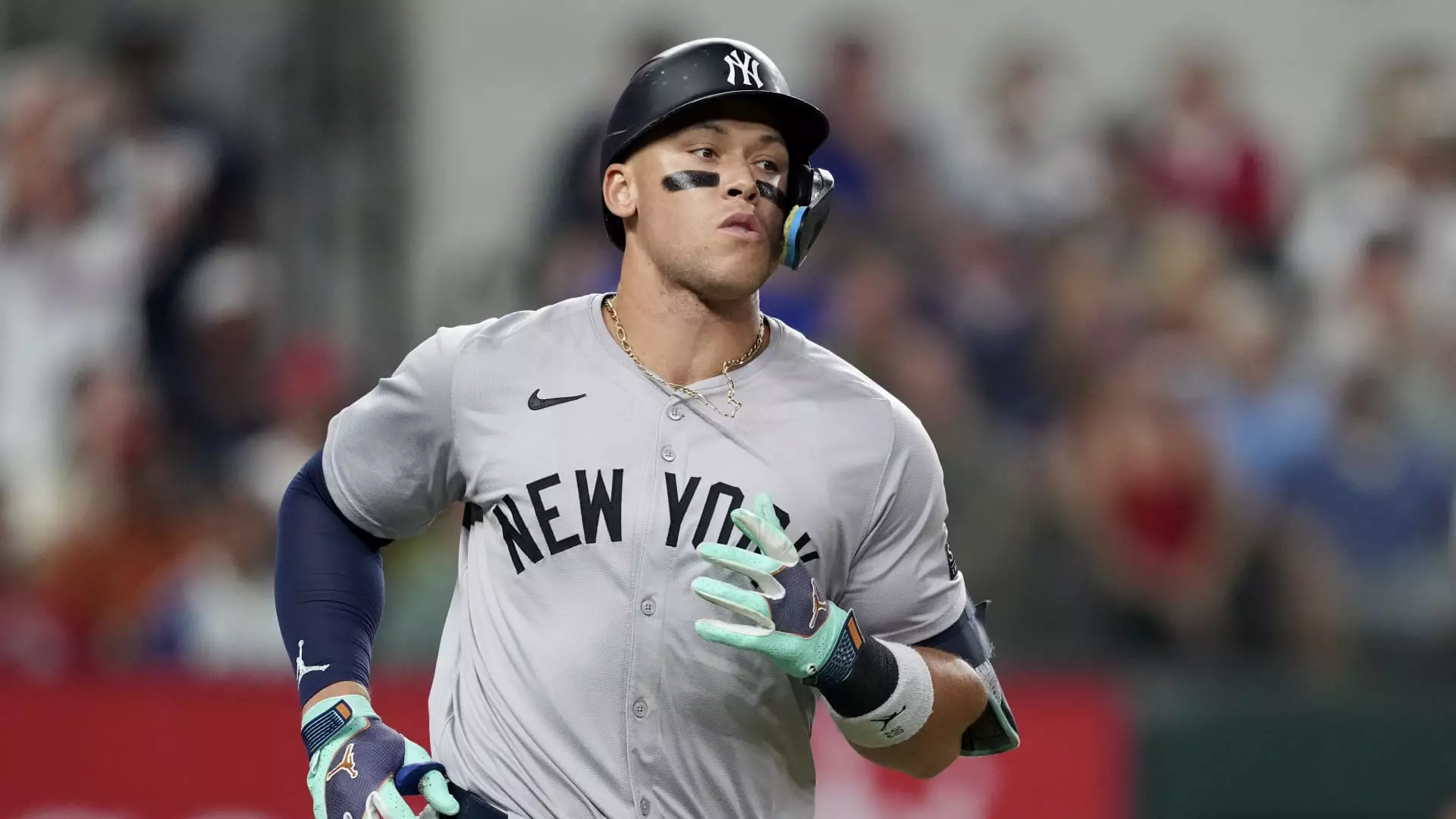The landscape of sports entertainment is ever-evolving, and one cannot ignore the recent rejuvenation of interest in Major League Baseball (MLB). As the postseason unfolds, a closer inspection reveals that this resurgence is not just a fluke but a strategic evolution driven by numerous factors, chief among them the recent rule changes, the introduction of new stars, and a redefined approach to engaging younger audiences.
The postseason of MLB has started on a thrilling note, with significant record-breaking viewership figures. For instance, the initial game of the National League Championship Series (NLCS) between the New York Mets and Los Angeles Dodgers attracted an impressive average of 8.26 million viewers across all Fox Sports platforms. Not only does this place it at the highest viewership for an LCS game in over a decade, but it also highlights a growing appetite for playoff baseball, despite its previous struggles with national relevance. Furthermore, the American League Championship Series (ALCS), featuring the New York Yankees against the Cleveland Guardians, showed a 4% increase in viewership from the previous year, indicating a favorable trend for the league.
The critical timing of these matchups suggests that the popularity of football might not overshadow baseball entirely, a notion that was heavily contested in previous years. In the face of NFL competition, MLB’s ratings stand strong, suggesting a resilience in baseball’s cultural significance.
The impressive viewership figures stem from a broader trend of increasing attendance and engagement seen throughout the 2024 regular season. MLB has reported surging numbers in fan attendance, streaming, and overall engagement, a feat attributed to the reduction in game length and enhanced game action—thanks largely to the pitch clock and other rule modifications. In-depth analysis suggests that the pitch clock has not only cut down game duration but has also cultivated a sense of urgency and excitement during play, giving it a more dynamic feel that resonates well with younger audiences, often criticized for their diminishing attention spans.
MLB Commissioner Rob Manfred echoed this sentiment, highlighting the palpable enthusiasm among fans of all ages—a sign that baseball is beginning to reclaim its cultural territory. The establishment of shorter, more action-packed games has been pivotal in capturing the attention of a generation that has turned towards quick clips and highlights rather than full-length broadcasts.
An essential part of this revitalization process has been the emergence of dynamic, generational players. Stars like Shohei Ohtani and Aaron Judge have increasingly become focal points for media coverage and fan enthusiasm, with both players leading their respective franchises—Los Angeles Dodgers and New York Yankees. The potential for a World Series showdown between these iconic teams further amplifies excitement, as it brings together two of the most storied franchises in baseball history. Such matchups are not just crucial for fans of both teams; they are significant for the survival and relevance of the sport in the broader scope of national sports culture.
In addition to these powerhouse franchises, the stories of teams such as the Mets and Guardians bring an added layer of intrigue. The Mets’ mid-season revival and the Guardians’ late push in the season add unexpected twists to the narrative, enticing fans and spectators to remain engaged and curious about the outcomes of the ongoing series.
Major League Baseball seems to be in the midst of a crucial renaissance characterized by innovative changes and a reinvigoration of fan interest. With robust viewership numbers during a highly competitive football season, increasing attendance, and a fresh crop of star players, the league is illustrating that it can adapt and thrive in the face of challenges. The incorporation of fan-centric strategies and gameplay enhancements suggests that MLB is not only fostering a budding generation of loyal fans but also laying the groundwork for a sustainable future.
As the postseason unfolds, one can only anticipate how this upward trend will evolve and solidify baseball’s position as a vital segment of America’s sporting culture.

